Cathedral Foundation of Jacksonville - Senior In Home Services

Overview
Cathedral Foundation of Jacksonville - Senior In Home Services is a mental health treatment center for people seeking treatment near Duval County. As part of their treatment modalities for recovery, Cathedral Foundation of Jacksonville - Senior In Home Services provides couples/family therapy, group counseling, and cognitive behavioral therapy during treatment. Cathedral Foundation of Jacksonville - Senior In Home Services is located in Jacksonville, Florida, accepting state mental health agency (or equivalent) funds for treatment.
Cathedral Foundation of Jacksonville - Senior In Home Services at a Glance
Payment Options
- State mental health agency (or equivalent) funds
- State welfare or child and family services funds
- Other State funds
- County or local government funds
- Community Mental Health Block Grants
Assessments
- Screening for tobacco use
- Comprehensive mental health assessment
- Comprehensive substance use assessment
Age Groups
- Seniors or older adults
- Young adults
- Adults
- Seniors
Ancillary Services
- Case management service
- Education services
- Family psychoeducation
- Suicide prevention services
- Supported housing
Highlights About Cathedral Foundation of Jacksonville - Senior In Home Services
6.62/10
With an overall rating of 6.62/10, this facility has following balanced range of services. Alcohol Rehabilitation: 8.00/10, Drug Rehab and Detox: 6.00/10, Insurance and Payments: 6.00/10, Treatment Options: 6.49/10.-
Alcohol Rehabilitation 8.00
-
Treatment Options 6.49
-
Drug Rehab and Detox 6.00
-
Insurance and Payments 6.00
Treatment At Cathedral Foundation of Jacksonville - Senior In Home Services
Treatment Conditions
- Mental health treatment
- Alcoholism
- Substance use treatment
- Co-occurring Disorders
Care Levels
- Outpatient
Treatment Modalities
- Couples/family therapy
- Group counseling
- Cognitive behavioral therapy
- Activity therapy
- Smoking/vaping/tobacco cessation counseling
Ancillary Services
Languages
- Sign language services for the deaf and hard of hearing
- Spanish
- Other languages (excluding Spanish)
- Creole
- French
Special Programs
- Clients with co-occurring mental and substance use disorders
- Veterans
- Persons 18 and older with serious mental illness (SMI)
- Persons with Alzheimers or dementia
Get Help Now
Common Questions About Cathedral Foundation of Jacksonville - Senior In Home Services
Contact Information
Other Facilities in Jacksonville
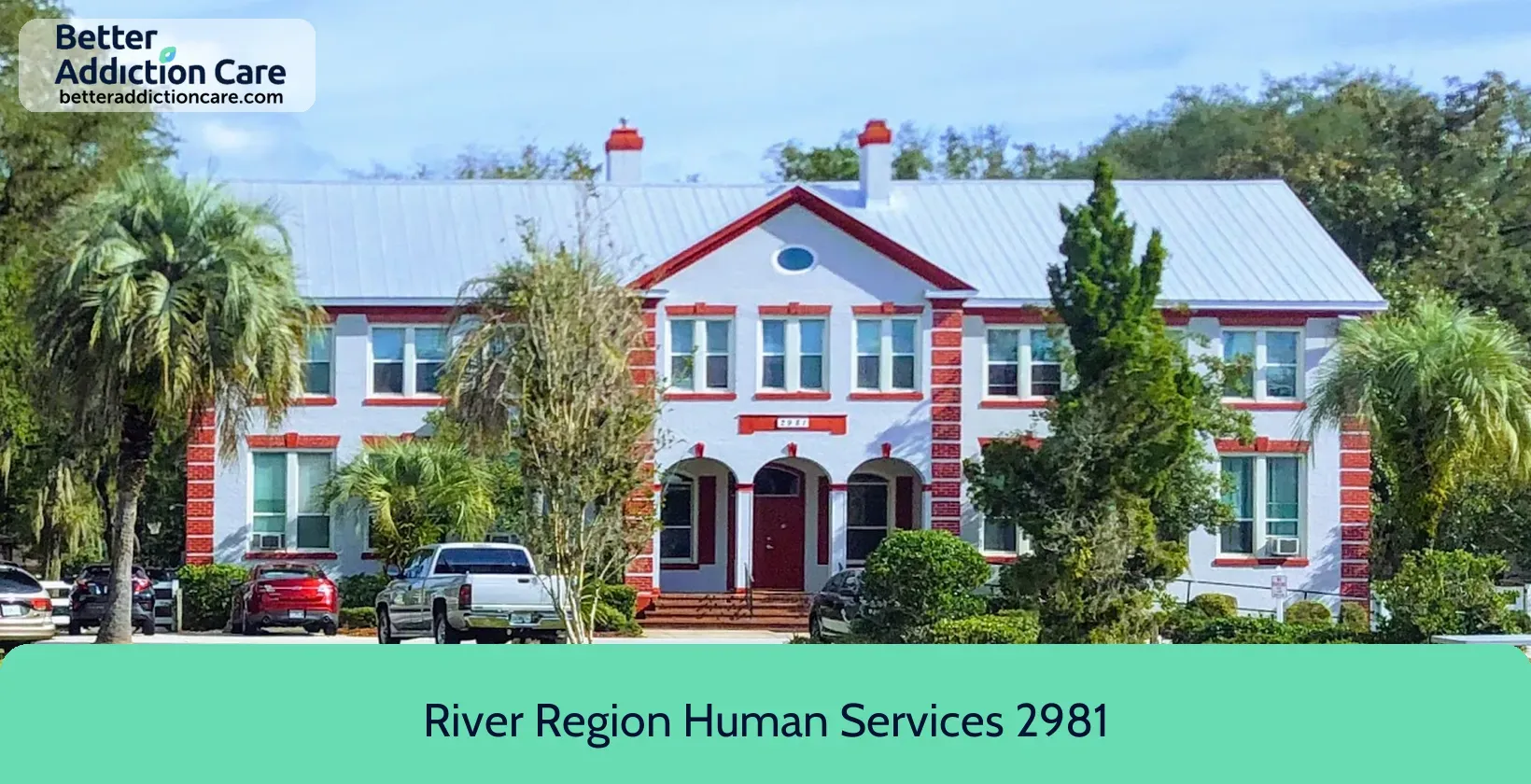
7.43
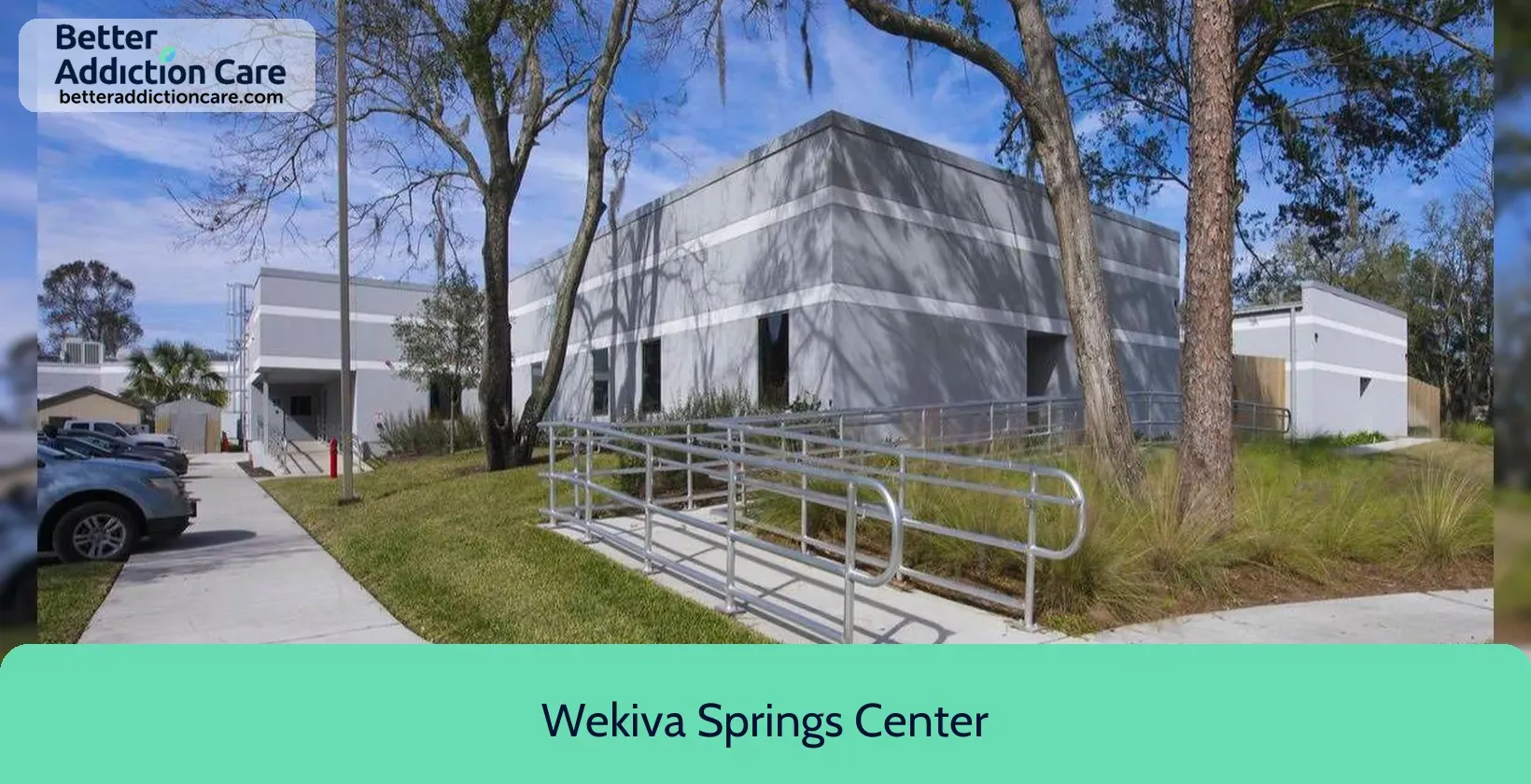
7.19
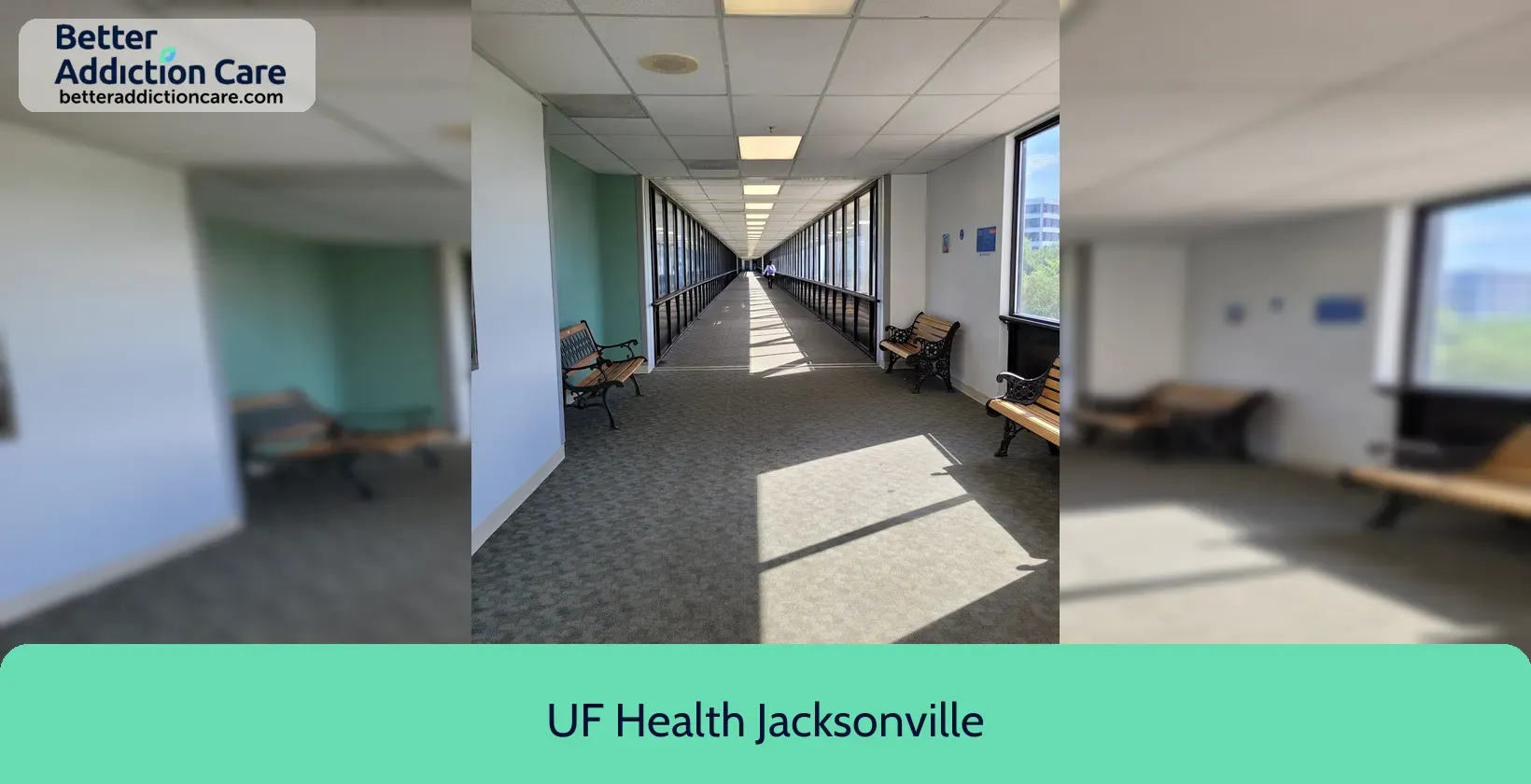
6.59
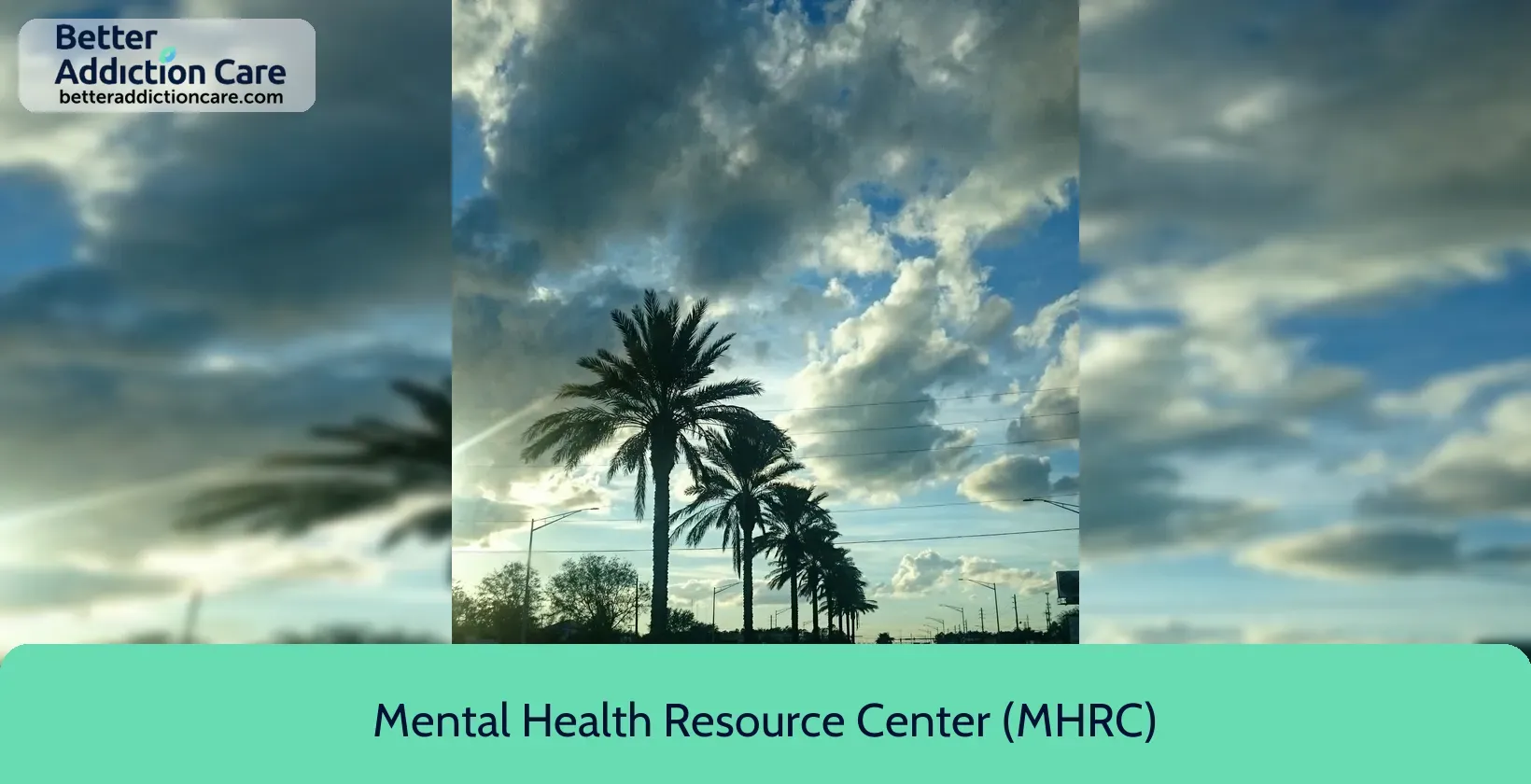
6.56

6.53
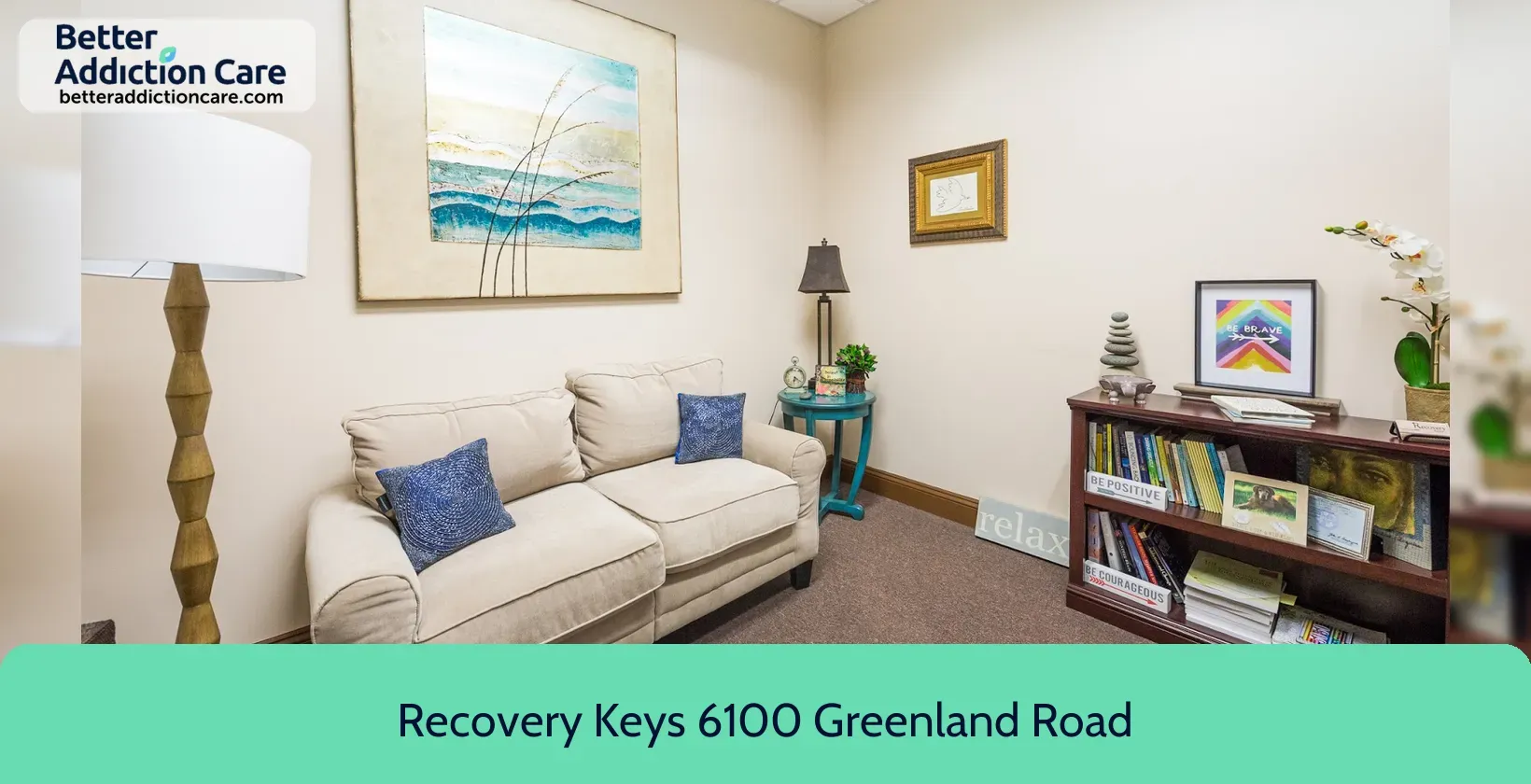
7.05
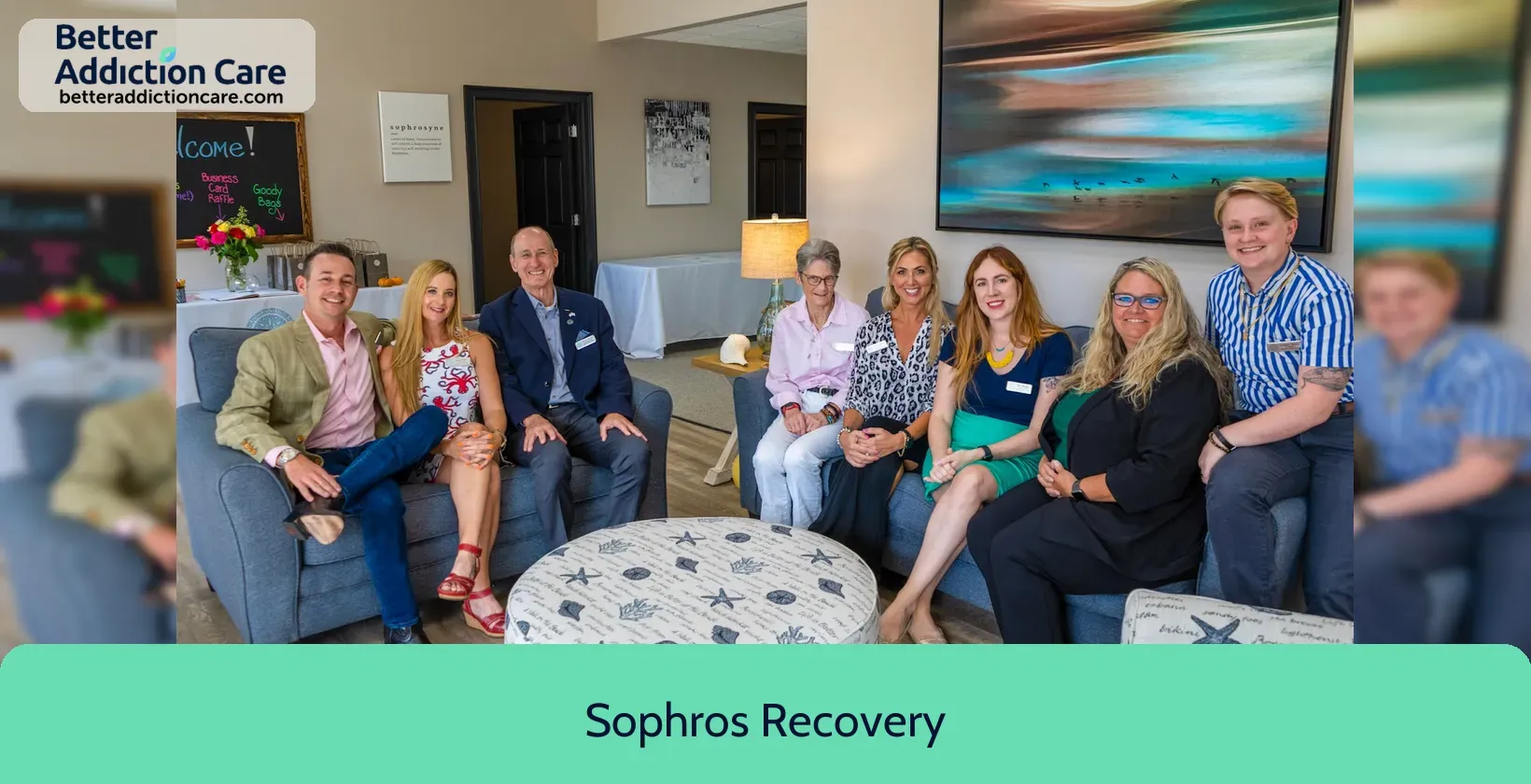
7.40

7.20
DISCLAIMER: The facility name, logo and brand are the property and registered trademarks of Lakeview Health, and are being used for identification and informational purposes only. Use of these names, logos and brands shall not imply endorsement. BetterAddictionCare.com is not affiliated with or sponsored by Lakeview Health.
